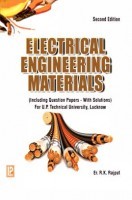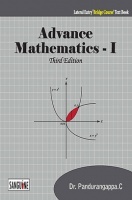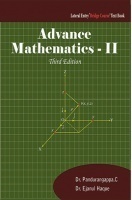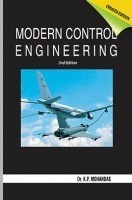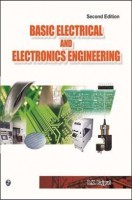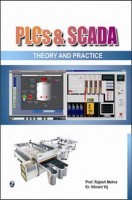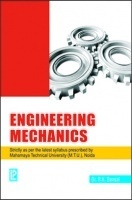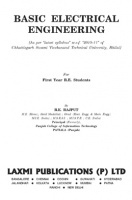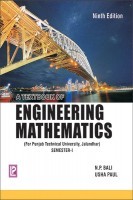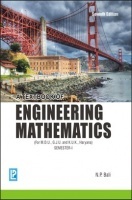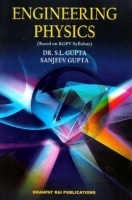This book presents comprehensive coverage of all the basic concepts in electrical engineering. It is designed for undergraduate students of almost all branches of engineering for an introductory course in essentials of electrical engineering.
This book explains in detail the properties of different electric circuit elements, such as resistors, inductors and capacitors. The fundamental concepts of dc circuit laws, such as Kirchhoffs current and voltage laws, and various network theorems, such as Thevenins theorem, Nortons theorem, superposition theorem, maximum power transfer theorem, reciprocity theorem and Millmans theorem are thoroughly discussed. The book also presents the analysis of ac circuits, and discusses transient analysis due to switch operations in ac and dc circuits as well as analysis of three-phase circuits. It describes series and parallel RLC circuits, magnetic circuits, and the working principle of different kinds of transformers. In addition, the book explains the principle of energy conversion, the operating characteristics of dc machines, three-phase induction machines and synchronous machines as well as single-phase motors. Finally, the book includes a discussion on technologies of electric power generation along with the different types of energy sources.
Key Features :
Includes numerous solved examples and illustrations for sound conceptual understanding.
Provides well-graded chapter-end problems to develop the problem-solving capability of the students.
Supplemented with three appendices addressing matrix algebra, trigonometric identities and Laplace transforms of commonly used functions to help students understand the mathematical concepts required for the study of electrical engineering.







